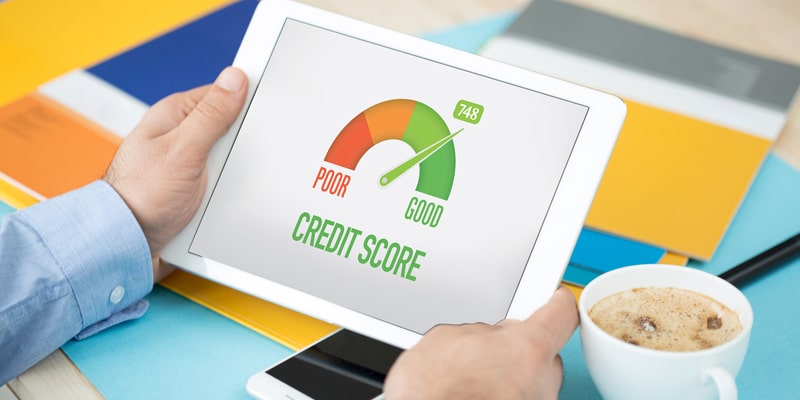Before you take out a loan to buy a house or finance a new car, it’s important to make sure your credit score is up to snuff. Lenders use your credit score as an indicator of how risky you are for lending purposes. Improving your credit score will not only boost your appeal as a borrower, but it can also help save you money on interest rates and fees.
Here are ten signs that will tell you if now is a good time to invest in raising your credit score
- You have multiple sources of income: Two types of lenders — mortgage lenders and utility companies — typically require borrowers to show proof they have sufficient income to afford big purchases like houses and cars. Banks tend to care less about things like employment history; however, one large deposit might be enough for them to overlook any other red flags about your financial situation.
- Times are tough: The economic downturn has made life tough for many Americans—especially those with poor credit scores—and borrowing from friends are becoming more common than ever before.
- You pay all your bills on time: If your bill-paying skills could use some work, try setting up automatic payments online.
- Your debt-to-income ratio is below 30 percent: To most lenders, having a low debt-to-income ratio (less than 30 percent) means you can afford a new high monthly payment like student loans or home equity loans.
- You’ve got cash reserves saved up: A positive net worth indicates strong savings habits which means you’ll probably get approved for financing.
- You’re thinking long term: Borrowing responsibly doesn’t mean always putting off major purchases until later in life when your finances will be better situated.
- All your cards are paid off each month: Paying down your card balances each month improves both your cash flow and credit utilization ratios—the two main components of determining one’s credit score.
- You don’t rack up late payments: Late payments may stay on your report for seven years and no lender wants to lend money to someone who has trouble paying their bills on time.
- Your credit reports aren’t littered with errors: Inaccurate information means no one really knows what kind of financial picture you paint.
- This isn’t a reckless move: Relying too heavily on credit should be avoided at all costs. And remember, just because you’ve decided to put your spending habits back on track doesn’t mean lenders will cut you any slack either.
The economy is improving, but you still need to do everything you can to improve your credit score. Remember these tips next time you want to make a big purchase.





